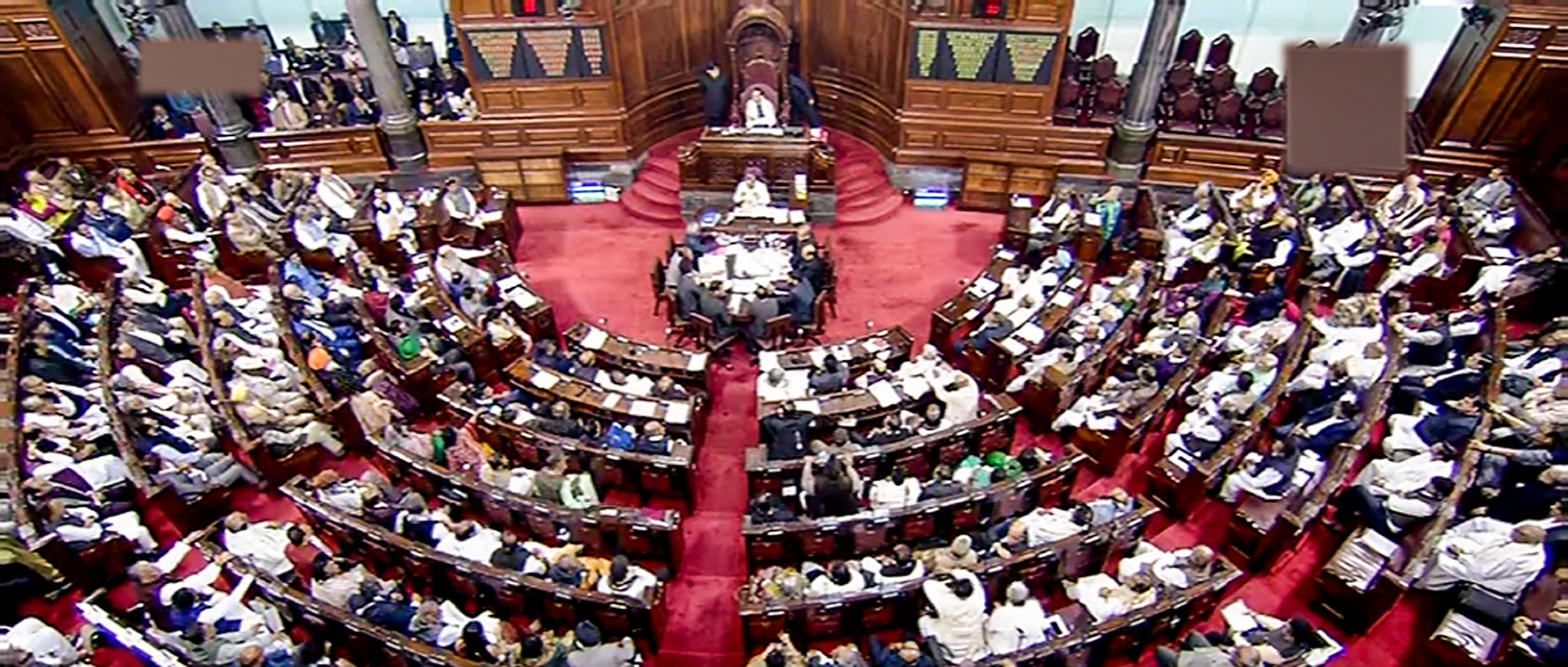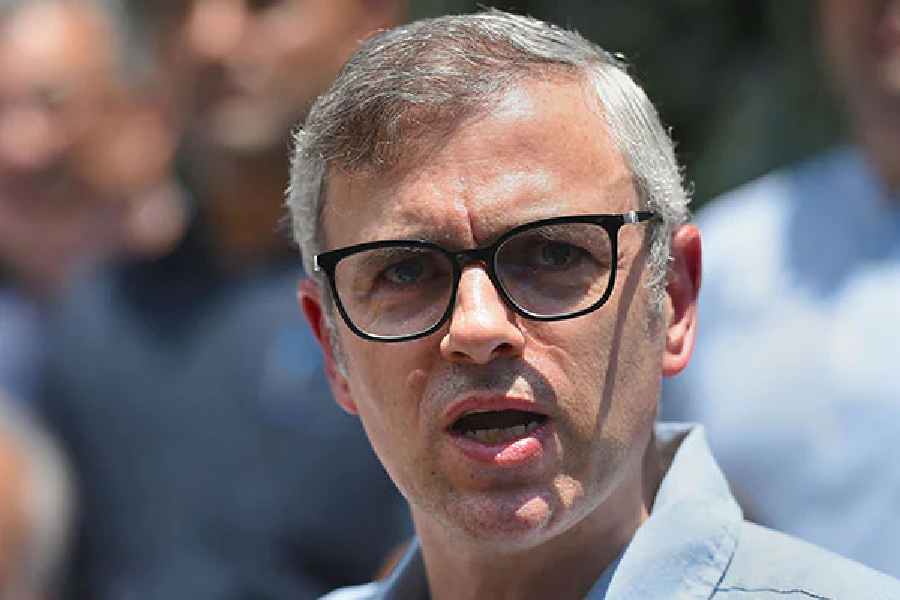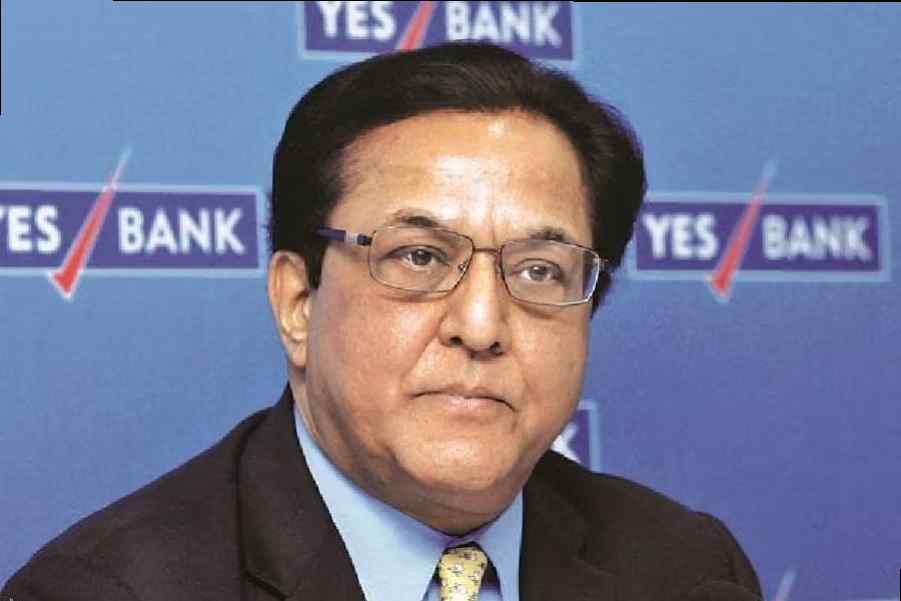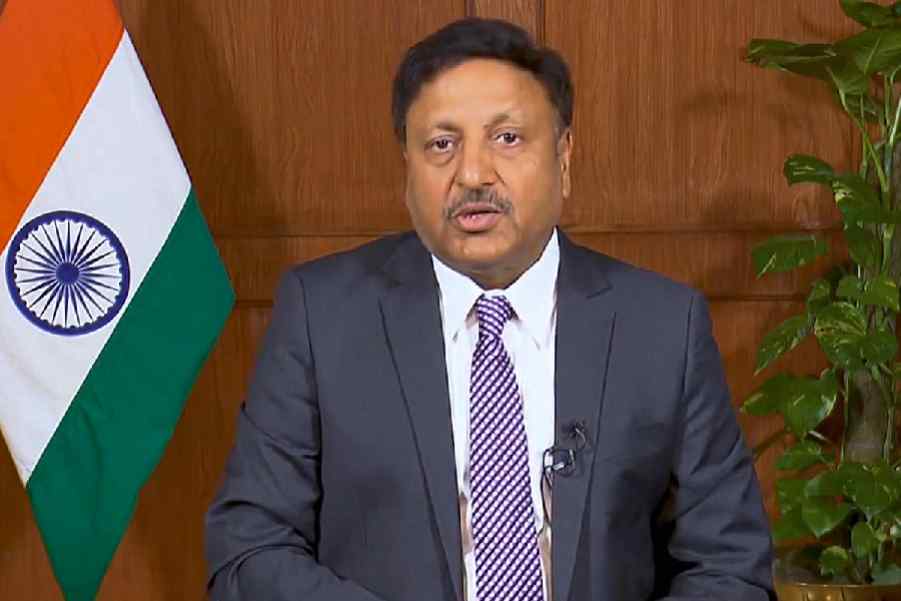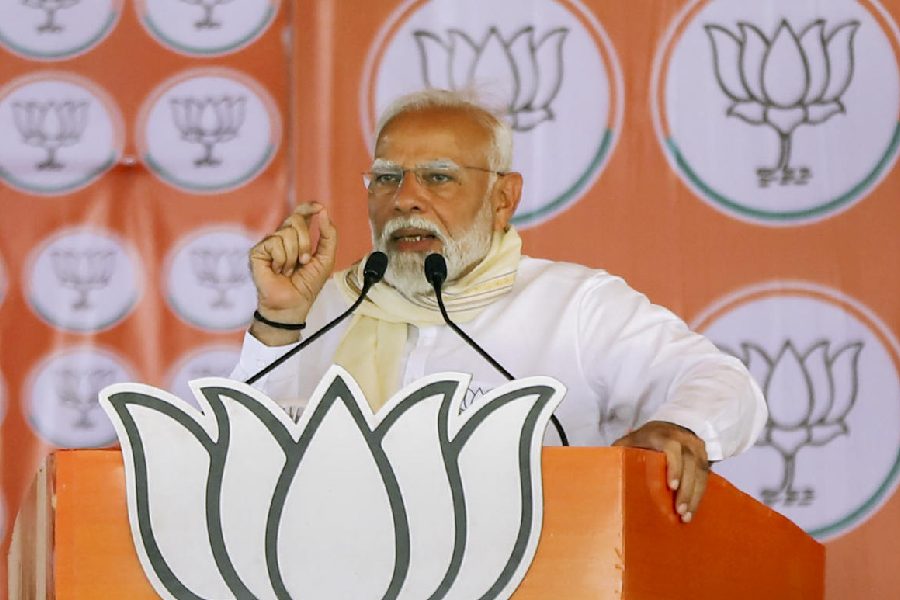The Citizenship (Amendment) Bill was cleared by Parliament on Wednesday with the government winning the numbers game in the Rajya Sabha in the face of a spirited effort by the Opposition to reject the religion-and-country-specific draft legislation about which even the BJP’s allies had reservations.
The bill was supported by 125 members and opposed by 99 after a nearly nine-hour debate.
But the discomfort among the BJP’s allies and those who supported the bill was evident as many, including the Shiromani Akali Dal, echoed the Opposition in urging the government to remove references to any religion from the body of the draft legislation. They also wanted the names of Afghanistan, Bangladesh and Pakistan to be replaced with “neighbouring countries”.
Neither demand was accepted.
The only change in floor strategy came from the Shiv Sena, which chose to stay away from the voting to avoid risking its government in Maharashtra. The Congress apparently objected to a repeat of the Sena stand in the Lok Sabha on Monday, when the Maharashtra party had voted for the bill.
Compared to the Lok Sabha, the Opposition put up a better fight in the Rajya Sabha, managing to marshal all but 10 of its expected MPs across various parties. The government side had just three MPs missing from its expected strength of 128.
Several MPs referred to the ongoing protests in the Northeast over the bill and the fiasco over the National Register of Citizens (NRC) in Assam, where its biggest champion BJP now wants the exercise to be junked and redone.
Union home minister Amit Shah studiously avoided both issues in his hour-long reply, repeatedly insisting that Muslims have nothing to fear from the bill as it is not aimed at taking away anyone’s citizenship but giving it to persecuted minorities of the three countries.
He added that Muslims can continue to apply for Indian citizenship under existing provisions of the law, pointing out that 566 Muslims had become Indian citizens over the past few years.
To specific questions on the fate of Muslims who do not get citizenship -– particularly in the context of the NRC -– he said: “No one will be sent to detention camps because of CAB (Citizenship Amendment Bill).”
Training his guns on the Congress and occasionally on the Trinamul Congress government in Bengal, Shah did not repeat with the same conviction the accusation he made in the Lok Sabha that the Congress had divided India on the basis of religion.
Changing tack, he asked: “Why did you allow Partition on religious lines?”
Earlier, Congress leaders Anand Sharma and Kapil Sibal had challenged Shah’s understanding of Partition history on the floor of the House, pointing out that Hindutva ideologue Vinayak Damodar Savarkar and Pakistan’s founding father Mohammad Ali Jinnah were the two main advocates of the two-nation theory that resulted in Partition. Shah did not challenge the Congress and other Opposition parties on Savarkar being the earlier proponent of the two-nation theory.
When it was pointed out that his own ministry had said that it has no data on persecuted minorities from these three countries and has only got 4,500 applications for citizenship, the minister’s counter was that once the bill is enacted, their numbers will swell to “lakhs and crores”. These multitudes are now scared to reveal themselves, he added.
Shah took a dig at the Shiv Sena for changing its floor strategy. He rejected Sena MP Sanjay Raut’s contention that he had described those who opposed the bill as anti-national but the minister later allowed himself some dog-whistle politics to accuse the Congress of speaking Pakistan’s language in its opposition to the bill.
Intervening in the discussion, former home minister P. Chidambaram accused the government of introducing a new category of citizenship by “arbitrary executive fiat”.
Chidambaram wanted to know the logic behind confining the reach of the bill to only three countries in the neighbourhood, leaving out two of the three Abrahamic religions, ignoring the plight of Sri Lankan Hindus and Bhutanese Christians and restricting it to only religious persecution.
Sibal accused the government of targeting a community without naming it in the bill, thereby violating the basic structure of the Constitution.
“It has consequences that you cannot even imagine and this is part of your political strategy.… This is legally untenable and morally reprehensible. Those who have no idea of India cannot protect the idea of India. Don’t convert this Indian Republic into a Jurassic republic, where there are two dinosaurs.”
The government was cavalier in its response to warnings that the bill would be challenged in court. Responding to the appeals for caution in this regard from Chidambaram and Trinamul’s Derek O’Brien, both Shah and law minister Ravi Shankar Prasad said: “Everybody has a right to go to court”' but that fear would not stop the government from doing its job.
O’Brien said his party would begin a people’s movement against the bill in the same manner in which it had carried out a campaign for land rights in Nandigram, iterating that neither CAB nor NRC would be implemented in Bengal.
Javed Ali Khan of Samajwadi Party said Jinnah’s agenda was being fulfilled by the Modi government, reading out from second RSS chief M.S. Golwalkar’s We or Our Nationhood Defined to show how the bill is part of the Rightwing agenda to establish a theocratic state.

